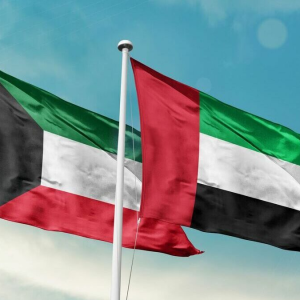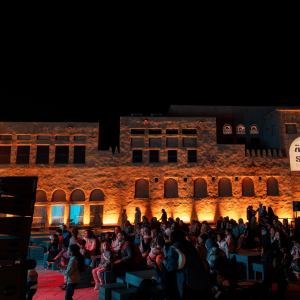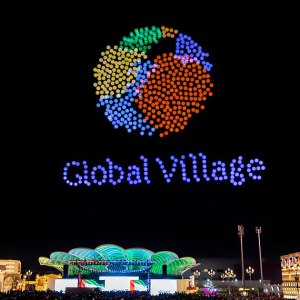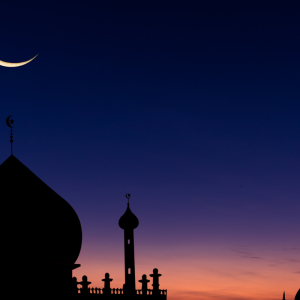Eid Al Adha is one of the most important festivals for Muslims across the world. In Dubai, the holiday comes with a large demand for fresh meat, as families perform traditional animal sacrifices and prepare feasts. With this high demand, Eid Al Adha food safety in Dubai becomes a major priority.
Authorities in Dubai have put strong systems in place to make sure that the meat people consume is safe, clean, and handled the right way. Let’s take a look at how slaughterhouses across the city prepare for the Eid rush and ensure food safety.
How Dubai Prepares for Eid Al Adha Food Safety
Every year, the number of animals slaughtered during Eid Al Adha rises sharply. Dubai’s authorities begin planning weeks in advance to make sure the process runs smoothly and safely.

The Dubai Municipality plays a key role in this. They manage slaughterhouses, supervise veterinary checks, and enforce hygiene practices.
In 2024, over 25,000 animals were slaughtered during the Eid period across four official slaughterhouses in Dubai. Similar or even higher numbers are expected in 2025.

Veterinary Checks Before and After Slaughter
Before any animal is allowed into the slaughterhouse, it is carefully checked by a veterinarian.
- If the animal shows any sign of illness, it is rejected.
- Vets check for diseases, physical injuries, and general health.
- Once the animal is cleared, it is moved to the waiting area for slaughter.
After the animal is slaughtered, another vet inspects the meat.
- They check the color, smell, and appearance of the meat.
- Any sign of contamination means the meat is immediately removed and not delivered to customers.
These veterinary checks are crucial to maintaining Eid Al Adha food safety in Dubai.
Smart Technology Supports Food Safety
Dubai uses smart tools and digital systems to keep things efficient and hygienic.
One key innovation is the mobile app-based booking system. People can use government apps to:
- Book a time slot at a slaughterhouse.
- Choose the type of animal they want.
- Select delivery options.
This helps reduce crowding and limits the chances of human error or delays. By controlling the flow of customers, the slaughterhouses can operate in a more organized way.
Additionally, all the facilities are equipped with smart monitoring systems:
- Cameras track the movement of staff and animals.
- Temperature sensors keep the storage areas cool and within safety limits.
- Real-time data is sent to the control center for review.
Clean, Sterile Facilities with Round-the-Clock Cleaning
Dubai’s slaughterhouses are designed to meet high international standards. Special teams are assigned to clean the floors, tools, and surfaces after each use.
- The cleaning team operates 24 hours a day during Eid.
- Tools and machines are sterilized multiple times a day.
- Waste is collected and disposed of safely to avoid contamination.
The floors are non-slip, easy to wash, and designed to prevent water or blood from collecting in one place.
Officials also inspect the drainage and water systems to ensure everything works properly.
How Workers Are Trained for Eid Al Adha
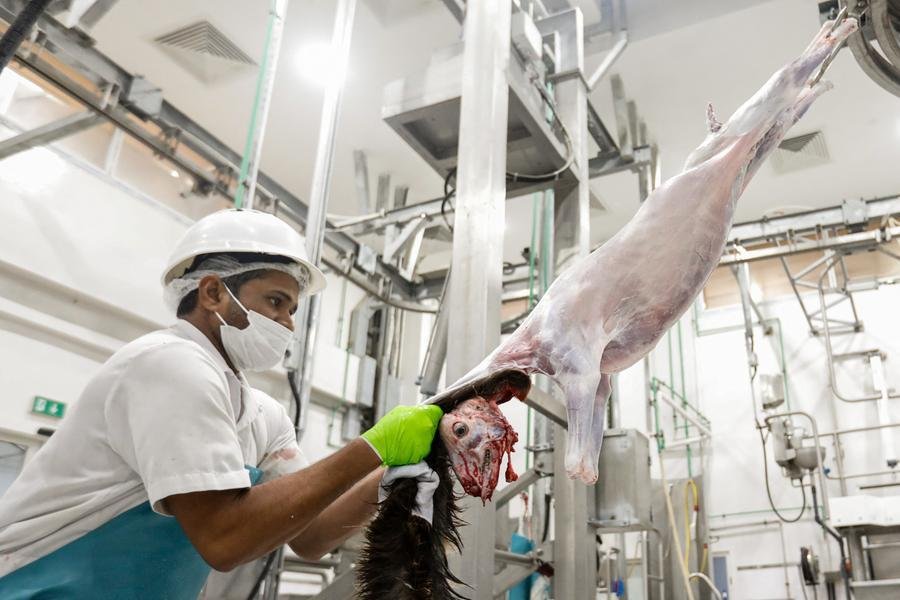
To handle the Eid rush, Dubai brings in additional butchers and support staff, but not without proper training.
All workers go through a short course that includes:
- Safe animal handling.
- Hygiene rules.
- Proper knife usage.
- Emergency procedures.
Most of these workers wear protective gear such as gloves, masks, aprons, and hair covers. This is another layer in ensuring Eid Al Adha food safety in Dubai.
Home Deliveries and Smart Butchery Vans
In recent years, the municipality has partnered with delivery companies and introduced mobile butchery vans. These vans are fully equipped and can reach homes, especially for people who cannot visit the main slaughterhouses.
How it works:
- The animal is picked up and taken to an approved slaughterhouse.
- Once processed, the meat is packed, labeled, and chilled.
- A van then delivers it straight to the customer’s door.
This reduces crowding at facilities and adds convenience without compromising on safety.
Strict Rules Against Street Slaughter
One of the biggest challenges authorities face is illegal street slaughter. Sometimes, people try to sacrifice animals at home or in open spaces.
Dubai has strict laws against this:
- Heavy fines are placed on those who perform or allow illegal slaughter.
- Such acts are considered risky due to poor hygiene and lack of vet checks.
By encouraging people to use official slaughterhouses or smart services, the city aims to protect public health and safety.
Eid Al Adha Food Safety: What You Can Do as a Customer
Residents can also play a part in maintaining Eid Al Adha food safety in Dubai by:
- Booking services early through official apps.
- Avoiding unauthorized butchers.
- Storing meat properly in clean containers.
- Cooking meat at safe temperatures to kill any bacteria.
If people notice anything suspicious about meat — unusual smell, color, or texture — they should report it to the municipality hotline immediately.
Special Hotline and Emergency Plans
During Eid, Dubai sets up a 24/7 hotline that people can use for:
- Reporting complaints about meat quality.
- Asking questions about slaughterhouse timings.
- Getting advice on storing and cooking meat safely.
Emergency response teams are also on standby in case of any food-related health issue.
This shows how seriously the city takes Eid Al Adha food safety in Dubai, even beyond the slaughterhouses.
The Bigger Picture: Faith, Food, and Public Health
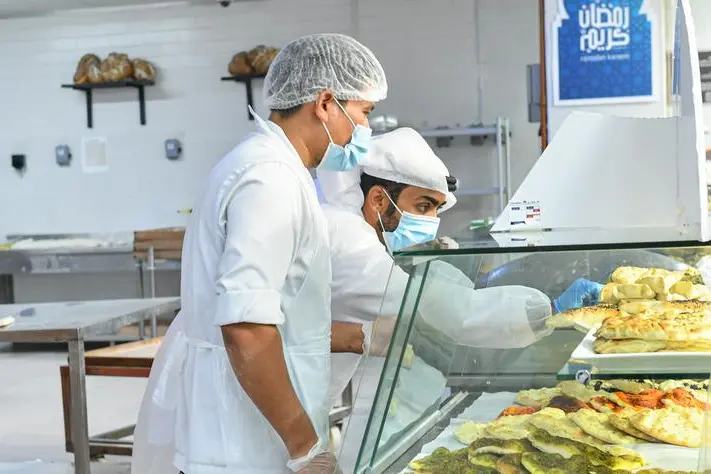
Eid Al Adha is more than a festival — it’s a spiritual time for reflection, sharing, and community. The tradition of animal sacrifice is deeply tied to Islamic values, but in a modern city like Dubai, it must be done in a way that respects both religion and public health.
By combining advanced technology, trained staff, strict hygiene, and smart planning, Dubai has created a system that others can learn from. The goal is to ensure that the joy of Eid is not spoiled by avoidable health risks.
Final Thoughts
Dubai’s approach to Eid Al Adha food safety is a great example of how tradition and technology can work together. With well-organized slaughterhouses, expert vet checks, and smart delivery systems, the city ensures that the meat reaching homes is safe and clean.
As the population grows and demand increases every year, Dubai continues to innovate and improve its systems. For residents, using official services and following safety guidelines will ensure a smooth, healthy, and meaningful Eid Al Adha.
Read More: Nawy Expansion Into UAE and KSA Begins With $75 Million Funding




